Helpful IT for Healthcare: 5 Ways IT Can Better Support Operations
Effective IT support is crucial for optimizing healthcare operations, ensuring smooth workflows, and maintaining compliance with regulatory standards.
Here are five ways IT can enhance healthcare operations, improving efficiency and reliability.
1. Maintain Network Efficiency
A robust and reliable network is the backbone of healthcare operations. Regular assessments and updates are essential to maintaining optimal performance.
Perform Routine Network Assessments
It is crucial to conduct regular assessments to identify and address network issues. These assessments help pinpoint potential problems before they escalate, ensuring uninterrupted service delivery.
Implement Network Monitoring Tools
Using advanced tools to monitor network performance and health continuously can provide real-time insights into network status. These tools detect anomalies and alert IT teams to potential issues, enabling proactive maintenance.
Periodically Refresh Network Infrastructure
Regularly updating network infrastructure to support growing demands and new technologies ensures the network can handle increased traffic and new applications. Upgrades can improve speed, reliability, and overall performance.
Ensure Redundancy and Failover
Implementing redundancy and failover mechanisms is vital to ensuring network reliability. Redundancy provides backup systems that can take over in case of a failure, minimizing downtime and maintaining continuous operations.
2. Optimize Workflow Management
Streamlined workflows are essential for operational efficiency in healthcare. Customizing and automating processes can significantly enhance productivity.
Tailor CRM for Intuitive Use
Customizing the CRM system to match the specific workflows and needs of the organization ensures that staff can use it efficiently. An intuitive CRM can improve patient management and streamline administrative tasks.
Implement Workflow Automation
Using automation tools to streamline repetitive tasks and processes can save time and reduce errors. Automation can handle tasks such as appointment scheduling, billing, and patient follow-ups, freeing up staff for more critical duties.
Integrate Systems
Ensuring seamless integration between the CRM and other IT systems is essential for unified operations. Integrated systems can share data and communicate effectively, reducing manual data entry and improving accuracy.
Monitor and Optimize Workflows
It is crucial to regularly review and optimize workflows to eliminate bottlenecks and improve efficiency. Continuous monitoring helps identify areas for improvement and ensures that processes remain effective.
3. Optimize Electronic Health Records Systems
Electronic Health Records (EHR) systems are the backbone of modern healthcare organizations, and optimizing them is crucial for efficiency and quality care.
User-Friendly EHR Systems
Ensuring EHR systems are user-friendly and optimized for quick access to patient information can significantly improve workflow efficiency. Healthcare providers can spend more time on patient care rather than navigating complex systems.
Integration with Other IT Systems
Integrating EHRs with other healthcare IT systems creates a unified patient care platform. This integration ensures that all relevant patient information is available in one place, facilitating better decision-making and coordinated care.
Training and Support for Healthcare Providers
Comprehensive training and support for healthcare providers ensures that they can maximize the benefits of EHRs. Well-trained staff can use these systems more effectively, improving patient outcomes and operational efficiency.
4. Automate Routine Digital Tasks
Automation can significantly enhance operational efficiency by handling routine digital tasks, allowing staff to focus on more strategic activities.
Develop Automated Workflows
Creating workflows for common tasks to streamline operations can reduce the time and effort required for routine activities. Automated workflows can handle tasks such as data entry, report generation, and appointment reminders.
Integrate Automation Tools
Ensuring that automation tools are integrated with existing IT systems is crucial for seamless operations. Integration allows different systems to work together, enhancing overall efficiency.
Monitor Automation Performance
Regularly reviewing and optimizing automated processes for maximum efficiency ensures that automation tools continue to deliver value. Monitoring performance can identify areas for improvement and ensure that computerized tasks are completed accurately and on time.
5. Enhance Operational Analytics and Reporting
Advanced analytics and reporting tools can provide valuable insights into operational performance, helping to drive continuous improvement.
Implement Operational Analytics Tools
Using advanced analytics tools to gain insights into operational performance can help identify trends, inefficiencies, and areas for improvement. Analytics can provide a data-driven basis for decision-making.
Develop Customized Operational Dashboards
Creating dashboards for executives to monitor key operational metrics and KPIs provides a clear and concise view of organizational performance. Dashboards can help track progress, identify issues, and guide strategic planning.
Analyze Workflow Data
Using data to measure and improve workflow efficiency and effectiveness is crucial for optimizing operations. Analytics can highlight bottlenecks and suggest ways to streamline processes.
Monitor Equipment Performance
Tracking the performance and maintenance of operational equipment ensures that all tools and devices are functioning optimally. Regular monitoring can prevent unexpected breakdowns and extend the lifespan of equipment.
Support Continuous Improvement
Using operational analytics to identify areas for continuous improvement and innovation helps maintain a culture of excellence. Data-driven insights can guide initiatives to enhance efficiency, reduce costs, and improve patient care.
IT plays a vital role in supporting healthcare operations. By being proactive with solutions and support, IT can significantly improve operational efficiency and reliability for the systems healthcare providers leverage. These enhancements lead to better patient care, reduced costs, and a more efficient healthcare organization.
Want to learn more about how Telcion can help you maximize the efficiency of IT for your healthcare organization? Contact us and we will reach out for a no pressure conversation to discuss your current posture.

